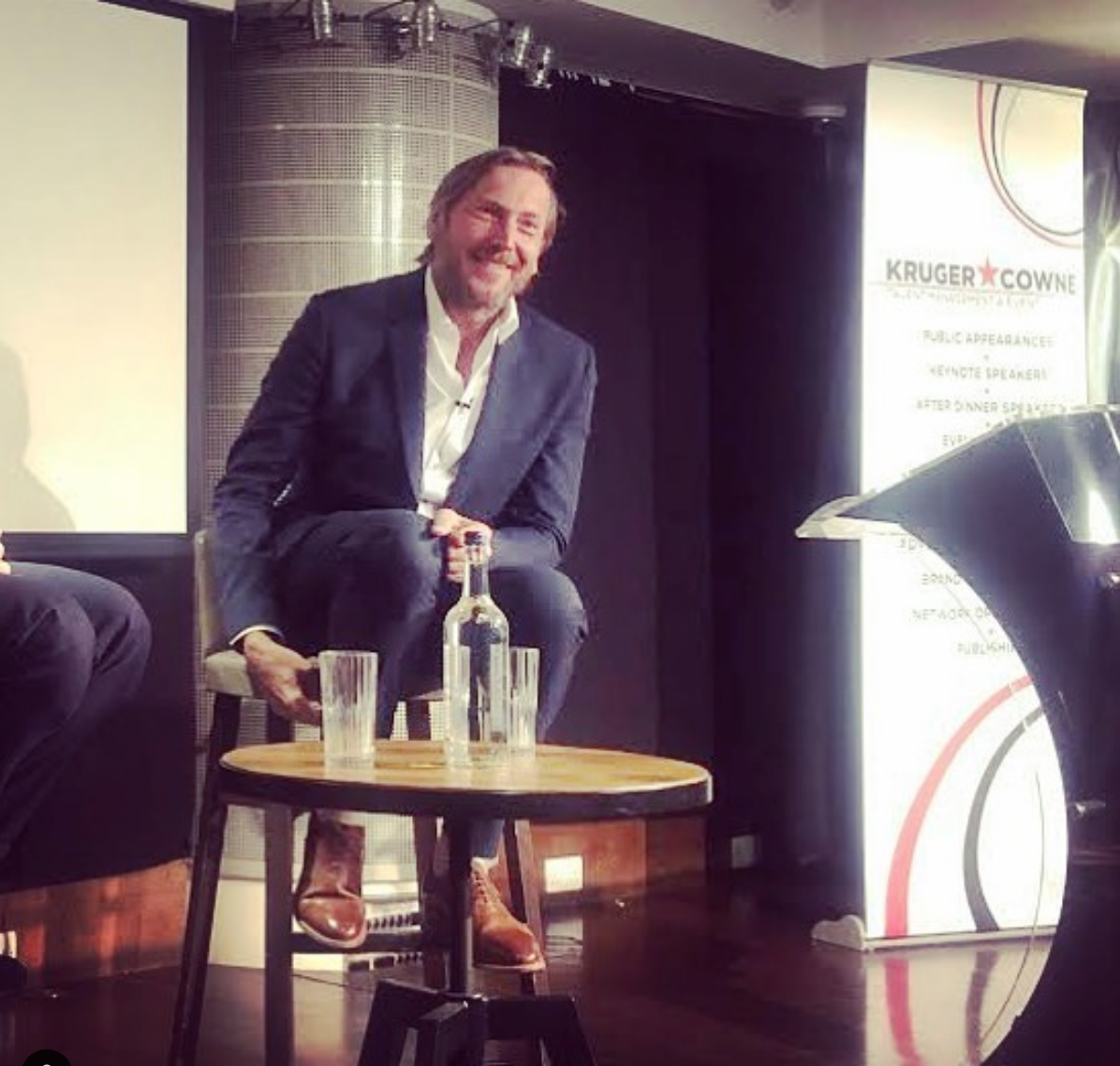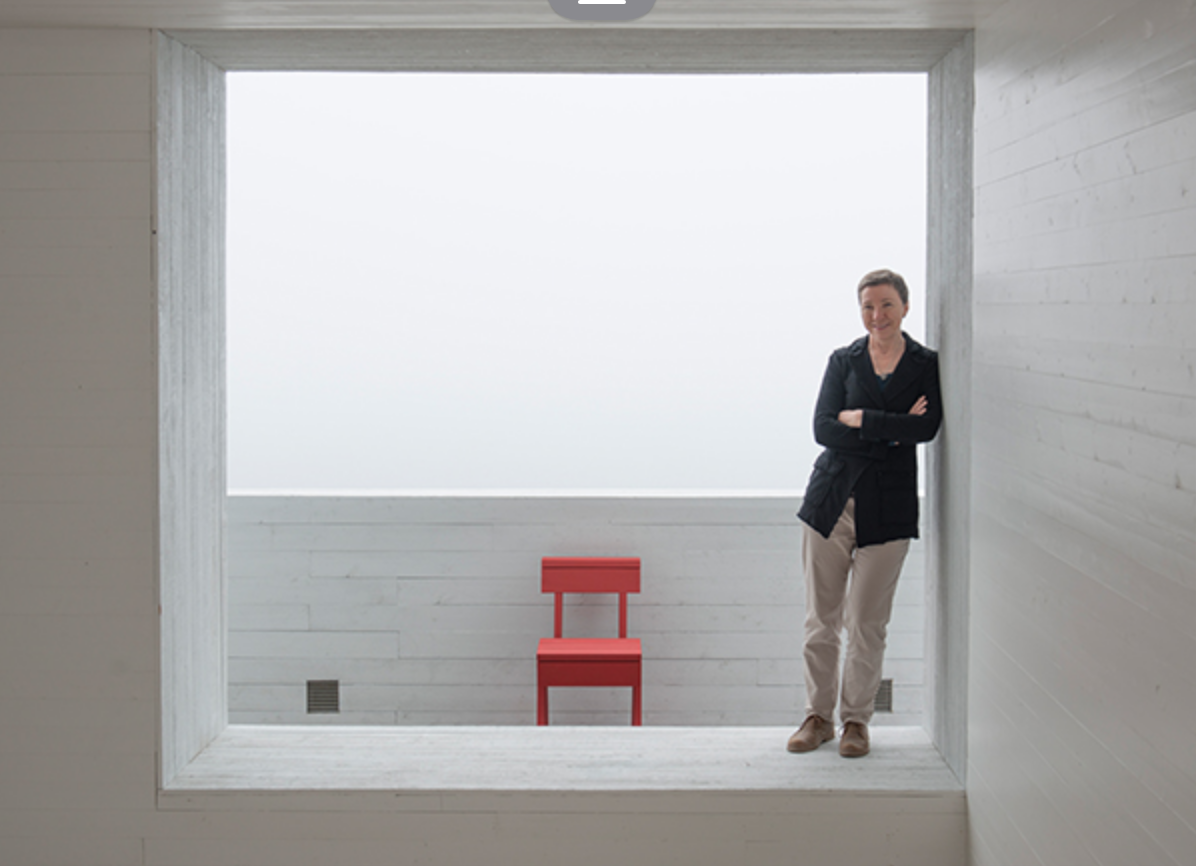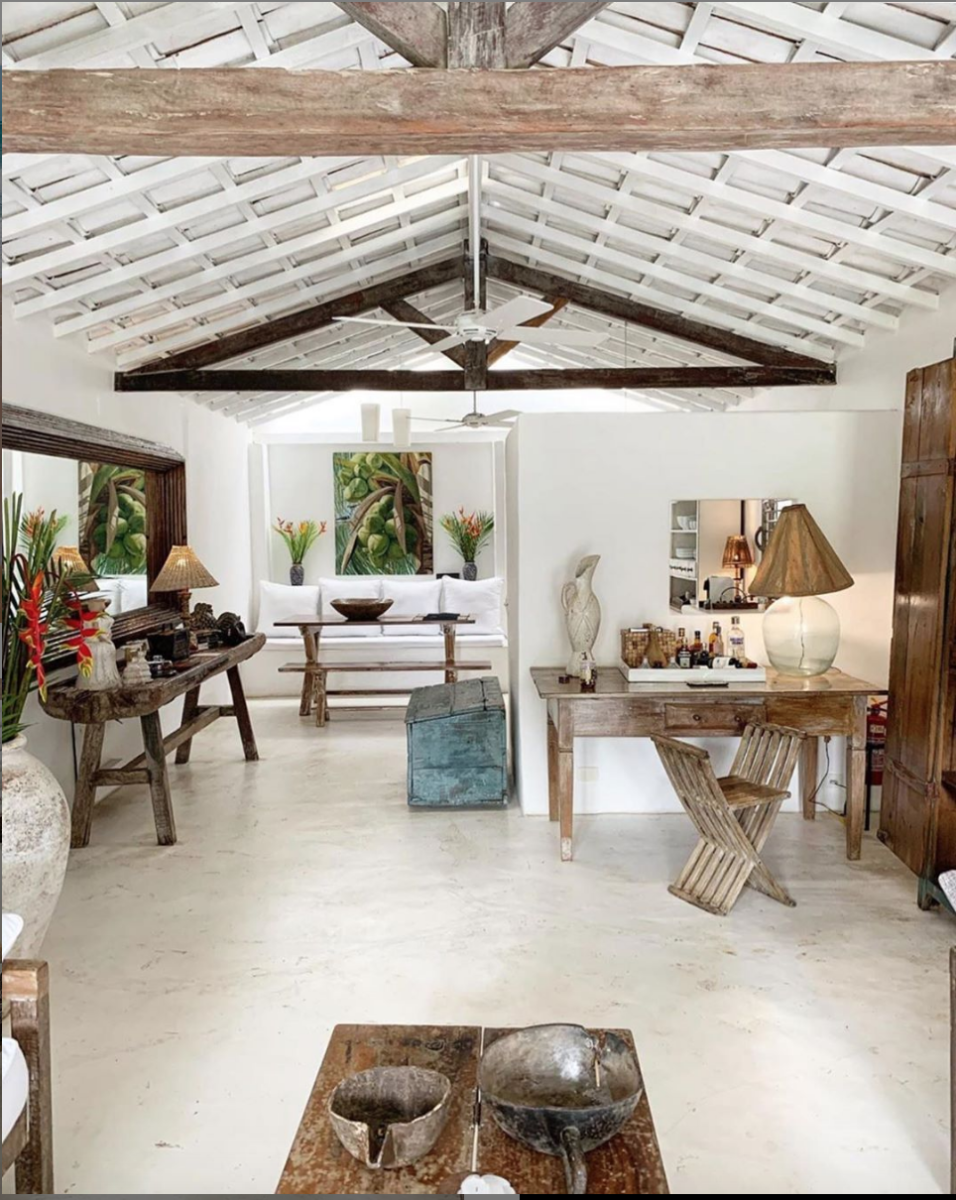Vocation Vacation
Fogo Island Inn, Canada. Image courtesy of Fogo Island Instagram
Juliet Kinsman celebrates the dynamic holiday disruptors setting an example when it comes to running businesses with the ‘triple bottom line’ of positive social, environmental and financial impact.
By Juliet Kinsman
At least everyone’s talking about sustainability, finally. All hail the fresh thinkers – the disruptors and travel-industry mavericks – leading the way. In an era with so many brands to pick from, discerning customers are seeking out the companies that stand out for running their businesses differently, better, even. Here we profile four business innovators who, by prioritising having purpose, are delivering the best travel experiences, preserving culture, saving the environment and showing how ethical practices can lead to profits that benefit all.
Jochen Zeitz: The Long Run
Germany’s youngest-ever CEO, Zeitz took the helm at Puma in 1993 when he was 30. It was the start of a significant journey that went far beyond reviving a heritage sports brand. A decade ago, he created his charity The Long Run, which is a membership hotel collection focused on conserving wilderness and nature. Member resorts include his own lodge, Segera, in Kenya, Chumbe Island in Tanzania and Wanås in Sweden — and through it they commit to what they call the Four Cs: conservation, community, culture and commerce. Zeitz believes that good businesses should strive for healthy profits so that they can afford to put their money where their mouth is when it comes to helping to save our planet. “Firstly, you need to know where your impact is – and then you must take full responsibility for the entire supply chain, from raw materials to the end consumer,” he says. “Set yourself objectives and KPIs – try to be less bad or try to be ‘more good’ and try to innovate while substantially reducing your impact or ideally having a positive impact. The idea is simple: you create win-wins for people and planet and culture.” Jean-Paul Sartre has been his guide: “Once we know and are aware, we are responsible for our action and our inaction. We can do something about it or ignore it. Either way, we are still responsible,” he says, quoting the French philosopher. He promotes his ethical business framework through The B Team established with Richard Branson.

Zita Cobb: Fogo Island Inn
Thanks to Zita Cobb’s role as innkeeper, this remarkable 29-suite Canadian hotel and restaurant has shown the power of design in “manifesting” a luxury-travel destination for a financially strapped Newfoundland island. Its striking white form and angular art studios at the edge of the Atlantic have earned its pictorial press coverage — but it’s about much more than architecture. It’s the heart and head of the social enterprise that powers it that has proved to be an innovative model for how hospitality can be a powerful force for good. “Fogo Island Inn exists to be a servant of the nature and culture of this place,” says Cobb, who left her career aged 42 in 2001, sailed for five years, then came home to create the Shorefast Foundation in 2006 as a way of reviving her tiny community’s cod-fish-dependent economy. Patchwork quilts and Scandi-style statement furniture are masterfully made by islanders whose skills were losing relevance, keeping the past alive through quality craftsmanship and a new revenue stream. From the hotel’s conception to its daily operation, every decision is made according to whether it has a positive impact on the natural and cultural environment. “Business is one of our best tools,” says Cobb. “And we believe that ecological sustainability follows from social sustainability.”

Trancoso, a beach town of charming 16th-century casas in southwest Brazil, is not only a sexy, stylish stay but also part of a project that supports the immediate Bahian community – here all the sun, sea and sand holiday clichés combine with authentic, artful escapes. Fatigued by fast fashion and feeling guilty about the textile industry’s impact through producing and supplying on-trend threads for Diesel, former creative director Wilbert Das channelled his energies into slow design. For Dutch-born Das, it started with his Trancoso holiday home. Slowly and sensitively, he acquired more of the humble neighbouring cottages. Instead of building a luxury hotel on virgin land, his aim was to breathe new life into fishermen’s homes, working with local craftspeople to preserve ancient indigenous artisanal skills. His Artists in Casa programme has lured fine artists to alchemise local materials into one-off pieces in the form of quirky furnishings. His independently owned boutique hotel disseminates tourist money into the immediate community through employment, plus the revenue has allowed him to set up various charitable initiatives, including a Capoeira Academy.

Sonu and his wife Eva broke the mould for luxury tropical resorts when they opened Soneva Fushi in the Maldives in 1995. Sustainability has guided their glamorous barefoot resorts from the outset, and aspects such as improving equality for women through employment is what makes them as alluring as their impeccable service and thatched-roof villas. “Usually if something is sustainable it is assumed it can’t be luxurious,” says Shivdasani. “Or, if it’s a luxury, it’s considered it can’t be good for you – we wanted to prove that the more sustainable we are, the more luxurious we are.” As well as creating the luxury resort brand, Shivdasani established Six Senses Resorts, which he sold in 2012. They dedicate their time to tackling global social and environmental challenges through the change-making charity the Soneva Foundation. What has endured through the three Soneva properties (while Six Senses has gone on to be an IHG brand) is the core SLOWLIFE philosophy — which is an acronym for sustainable, local, organic, wellness, learning, inspiring, fun experiences. “Being the owner and operator, I can now be creative and, rather than going to investment conferences, we have the freedom to hold true to our values and not have to compromise,” he says. “I think that’s why big hotels struggle to implement sustainability beyond lip service. Companies must have a greater purpose than making shareholders richer. When you can do that, it’s engaging and fulfilling for all.” Soneva Namoona isn’t the couple’s newest five-star stay, but the name of their innovative eco-centric ‘waste to wealth’ concept, which they’re aiming to roll out across the Baa Atoll and then nationwide.
BIO
Meeting philanthropic hoteliers and working with award-winning luxury-travel brands inspired Juliet Kinsman to set up Bouteco to share enlightening stories of sustainability: as a freelance journalist and hotel expert and as Louis Vuitton City Guides author for London and New York, as well as founding editor of Mr & Mrs Smith.

